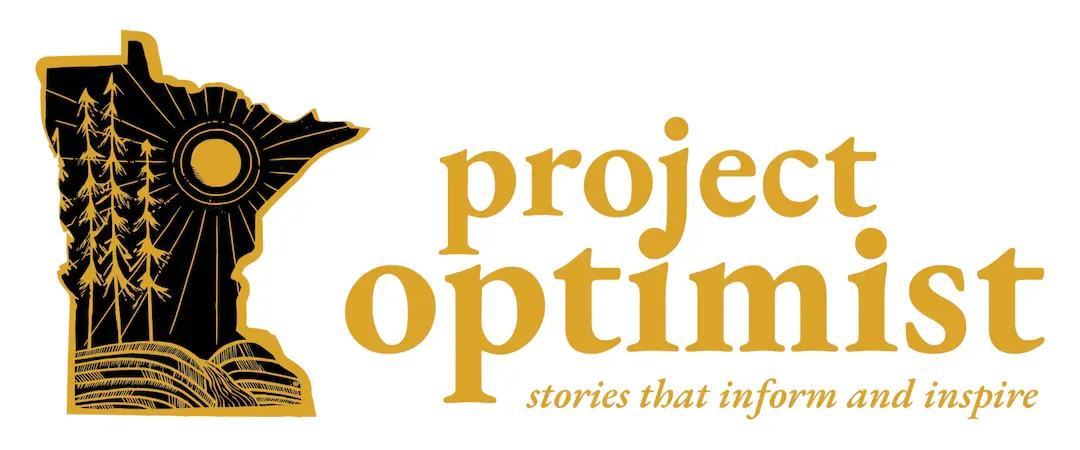Find 'I Never Thought of It That Way' moments
In her book "I Never Thought of It That Way," Mónica Guzmán suggests people search for moments that take them outside of their own perspective.
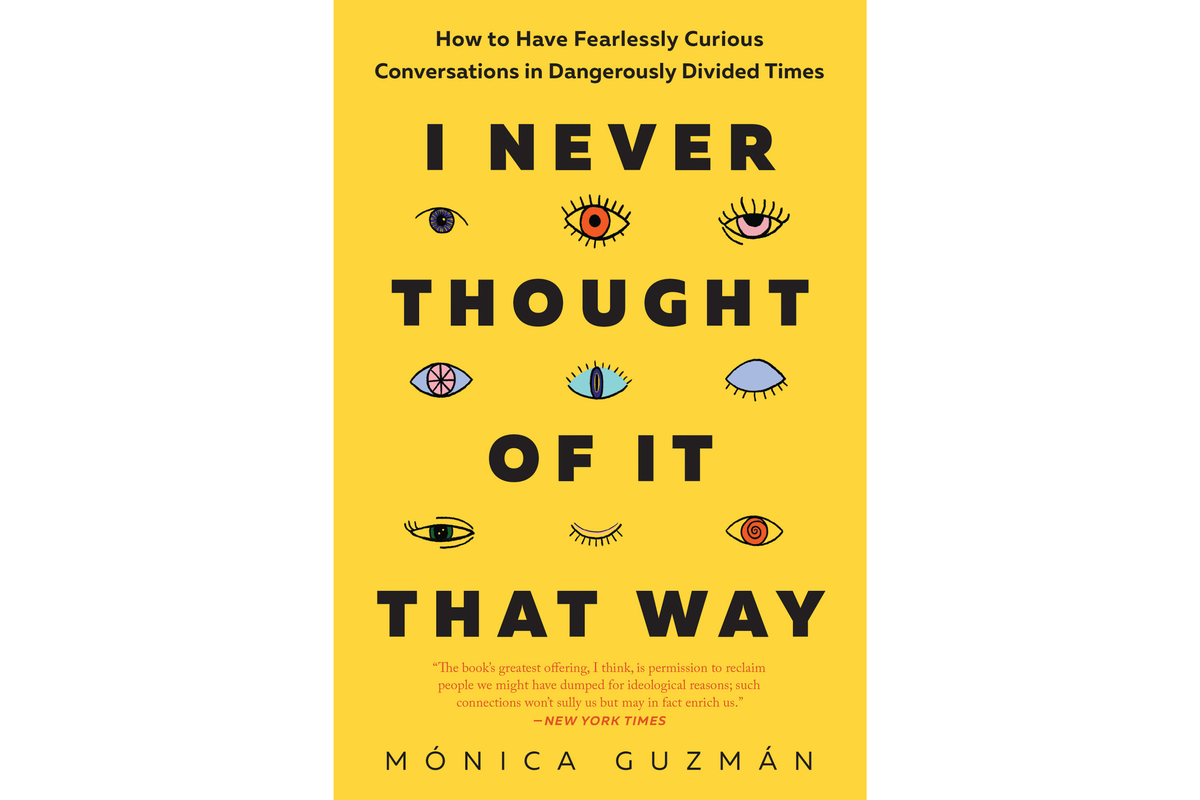
"I Never Thought of It That Way: How to Have Fearlessly Curious Conversations in Dangerously Divided Times"
By Mónica Guzmán
…Back to that signal I mentioned. The way you know that you’re stepping outside your silo and taking a good, productive look beyond your own perspective. To show you how it works, let me tell you about the night I finally started to fall for Seattle.
I’d been here all of nine months, and though I loved the city’s culture, its weather was another story. I was twenty-four, struggling to develop my new tech beat at the Seattle Post-Intelligencer, and winter was coming—a mix of wet and gray that kept my head down, my days short, my shoes soaked, and my new life much harder to adjust to than I’d thought.
It’s so cliché for newcomers to resent the rain. But I hated it.
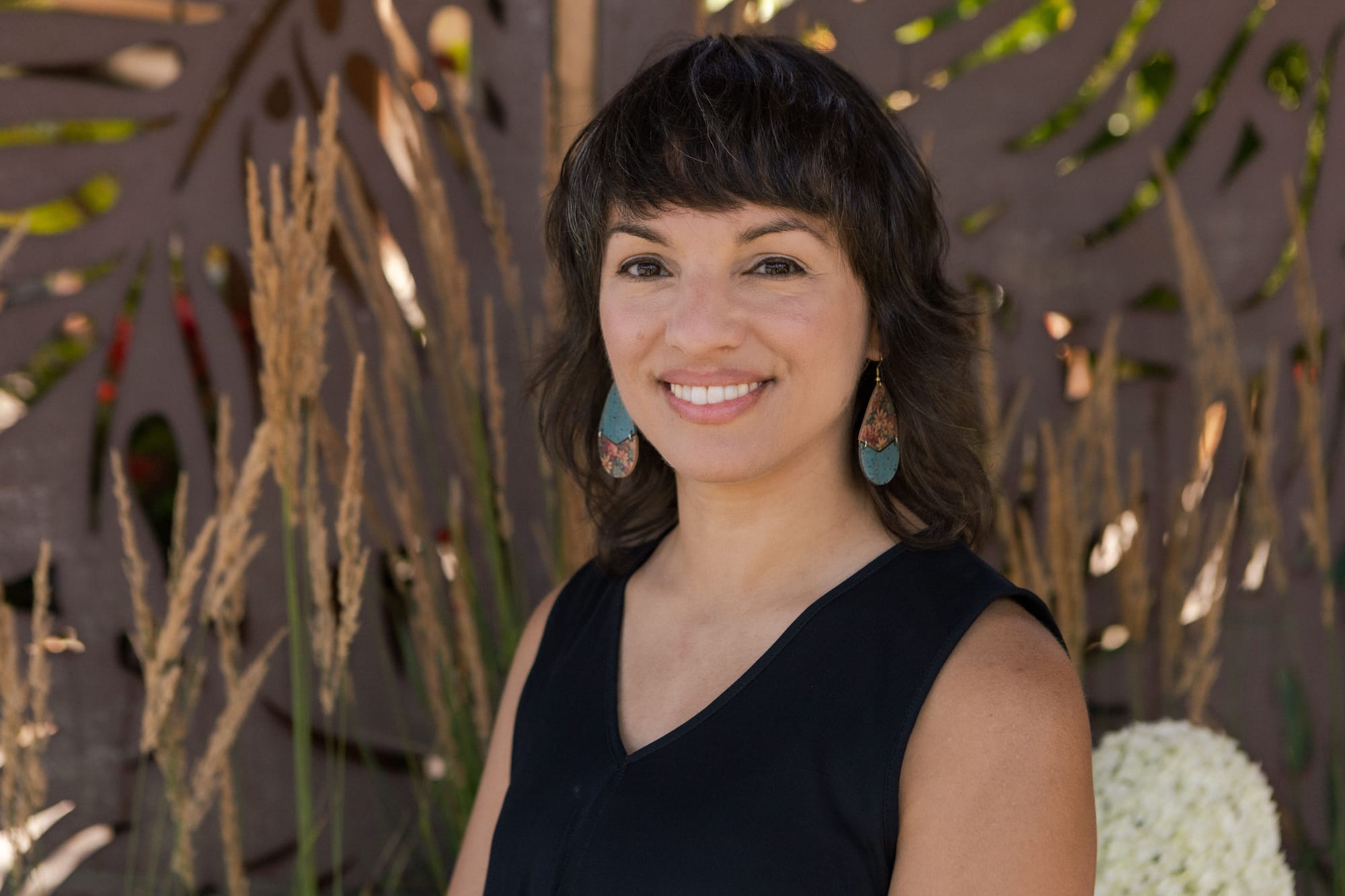
One night at a bar called the Crescent Lounge, I got to chatting with a guy named Loren who’d grown up here. He learned I was new in town, and, inevitably, he asked what I thought about the weather. I told him, bracing for the usual “You’ll get used to it” platitudes. He paused, glancing up from the karaoke binder we were flipping through. When he hears the rain on the roof of his car, Loren told me, he does something unusual. He’ll have turned off the engine by then, having arrived wherever he was going. But before he raises the hood of his jacket, opens the door, and steps out, he sits back in the driver’s seat, closes his eyes, and listens.
As he told this story I could sense it. The warmth of the car. The crinkling of his jacket. The drumming of the rain. It’s soft, the rain in Seattle—persistent but gentle. When it makes itself heard, it’s actually pretty rare.
Sign up for Project Optimist's newsletter
Solution-focused news, local art, community conversations
It's free. No spam. Unsubscribe anytime.
I imagined turning off the engine of my puny silver Hyundai Accent and finding a rhythm in the steady downpour.
“Rain has an aural beauty,” he said. “That’s why I love it.”
Then boom. Just like that, the idea that rain is awful—the weight of it in my head, at least—was gone. I felt this sense of space, a lightness that caught me off guard, like someone had opened a door in a stuffy room, but I didn’t know the door was there, and I hadn’t realized the room was stuffy. Passages in my mind appeared out of nowhere and I wanted to revisit things I thought I knew and are now . . . different. Is the rain so awful? It’s kind of nice to have green grass all year long, and all these cozy coffee shops. The gray sky is whiter, really, and bright, and it shimmers. And that sound? Like music.
 Project OptimistJen Zettel-Vandenhouten
Project OptimistJen Zettel-Vandenhouten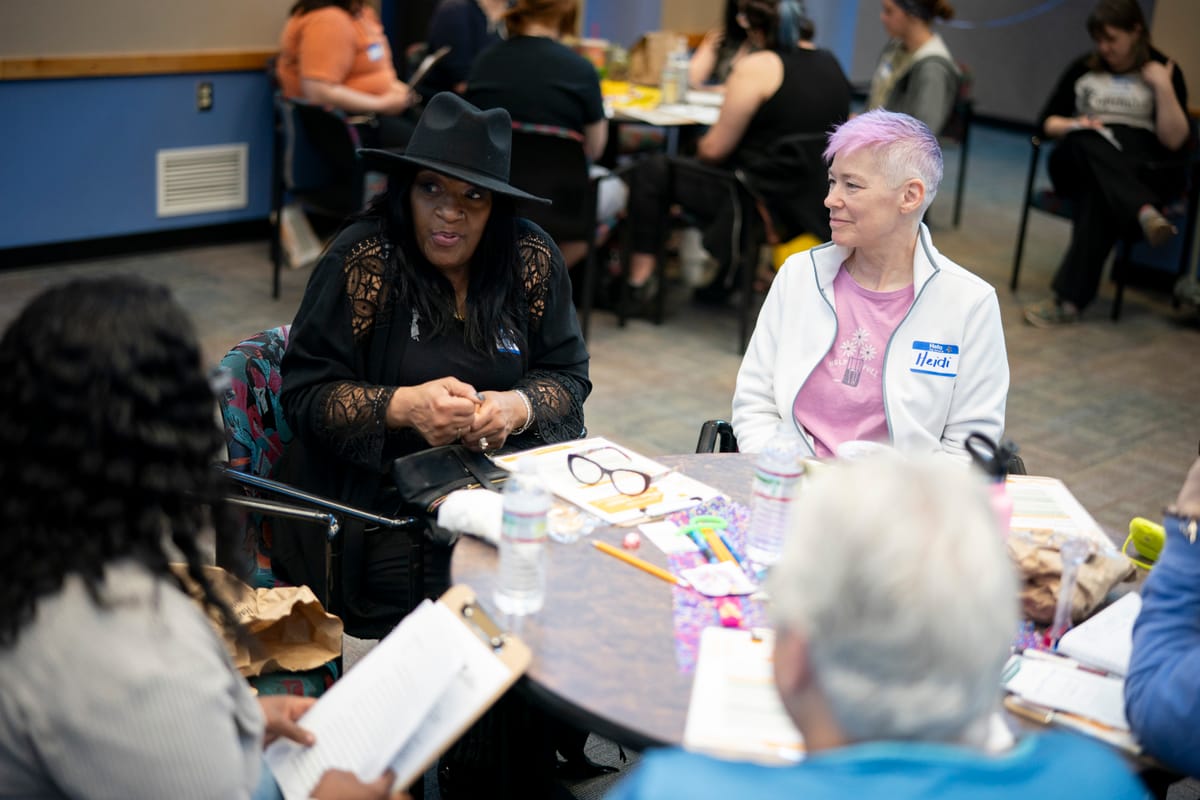
I looked out the window to the headlights climbing up Olive Way. Rain streaked the glass, and I caught myself wishing this wasn’t a loud bar so I could hear it. My eyes were wide. This all happened in an instant.
I looked right at Loren, my mind still racing. I would see him again, here and there for another couple years. But even after we lost touch, I still remembered him for this game-changing meeting of perspectives.
“I never thought of it that way,” I said.
That’s what I call the signal: an “I never thought of it that way” moment,
or an INTOIT moment (pronounced "into it" for short. Sorry W!). That phrase describes something amazing. Catch yourself thinking or saying it, and it’s the clearest sign you get that a new insight has spanned the distance between someone else’s perspective and your own.
Some INTOIT moments start to work on you instantly, like this one did for me, leading to big swings in your take on things. Others are slower or more subtle,
etching you without changing you, like pockmarks on the moon.
We say that new insights “hit” us. That exciting new knowledge “blows our minds.” Big or small, INTOIT moments come when you collide with a new idea and the boom is big enough to notice.
INTOIT moments can strike anywhere—in conversation, while reading an article or book, even way after the idea first crashed into your brain, after you’ve had time to process. Regardless of the source, you can sort INTOIT moments into two groups by asking a question: Did the moment strengthen my idea or challenge it?
Just for fun, I asked several of my more curious friends to tune their internal radar for when “I never thought of it that way” moments had come to them. It took a little explaining at first. You want me to do what now? But they agreed, and together we collected dozens of INTOIT moments, intersections between perspectives where meaning was made for each of them in a kind of mental chemical reaction.
My writing buddy Danny went on a hike with a friend who told him the original, indigenous name of the peak they were climbing. He was impressed. “I never thought to home in on the destinations that I go to and get to know them from indigenous names. And I thought, I totally should do that.” Danny was already interested in learning more about indigenous cultures. This INTOIT moment strengthened an idea he liked and gave him a way to bring it out in his life. Most of the moments my friends shared with me were similar.
 Project OptimistIsabella Silva-Biotti
Project OptimistIsabella Silva-Biotti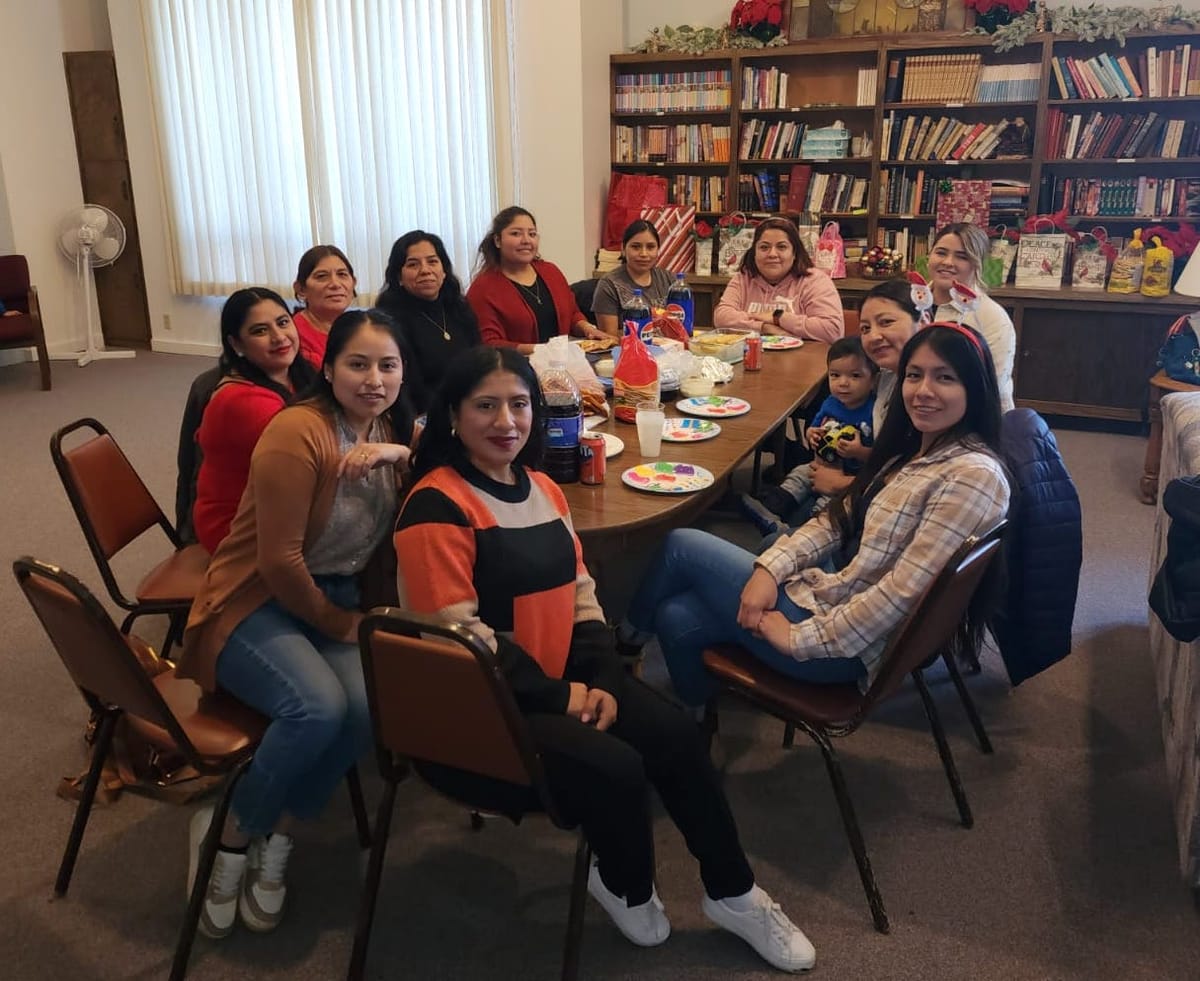
 Project OptimistIsabella Silva-Biotti
Project OptimistIsabella Silva-Biotti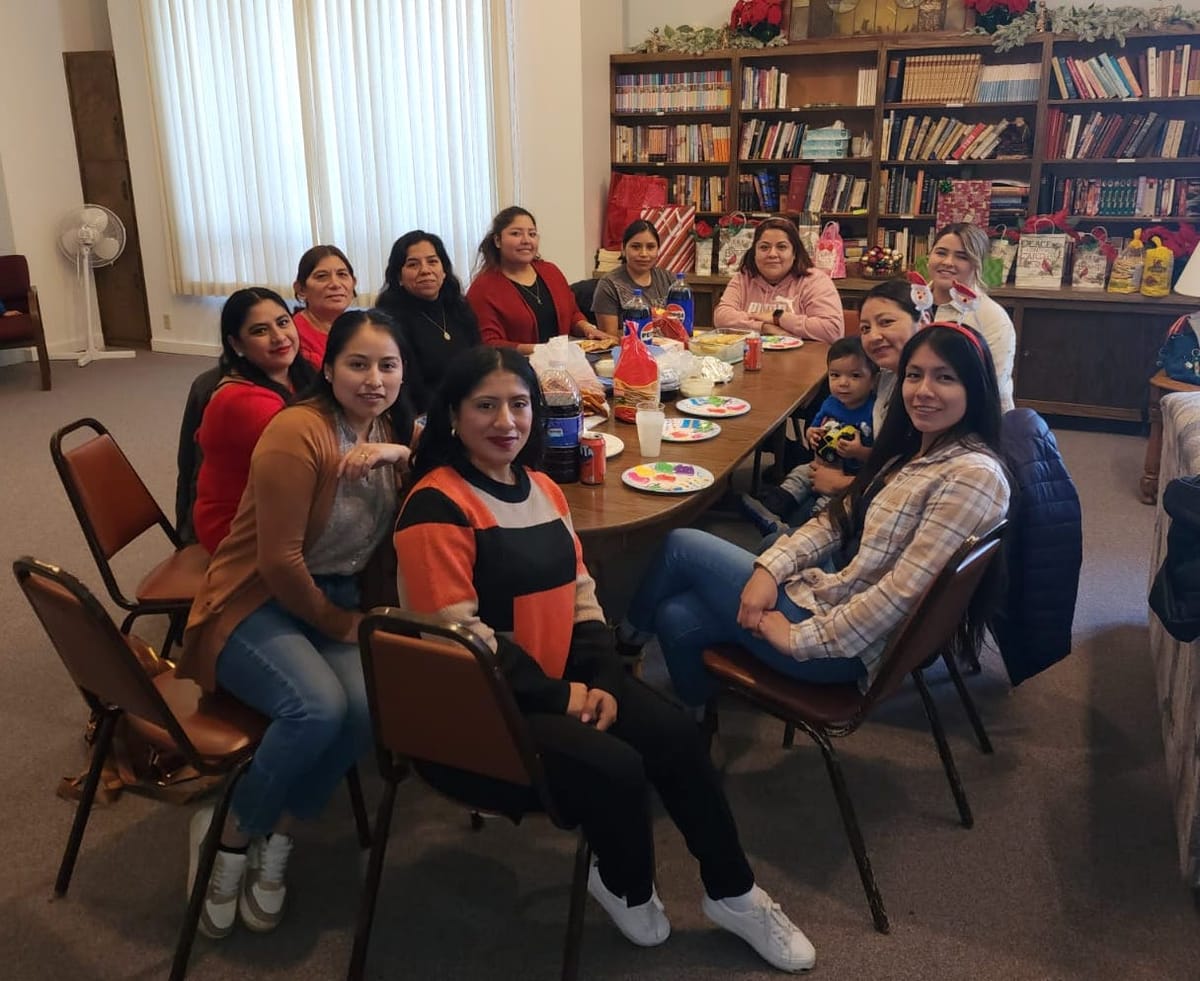
INTOIT moments that challenge our ideas, bridging us to a perspective we were not already leaning toward, are rarer. They’re surprising—and sometimes uncomfortable.
My former colleague Kathie heard a conversation among some folks at a business about how they had to restock the toilet paper in the bathroom slowly—a few rolls at a time—because people kept stealing it. “A bunch of ladies chatted about how pathetic it would be to steal toilet paper,” she told me. “Then one lady remarked that no one would steal toilet paper—big, bulky, cheap—unless they really, really needed it.” Everyone got quiet thinking about that, Kathie included. “It was true,” she said.
My former neighbor Tana had a challenging INTOIT moment when she watched a scene in the film Mary of Nazareth. When the shepherds come to see the newborn baby Jesus, Mary hides and Joseph reaches for his knife. Tana, a devout Catholic, never pictured the figures in the Nativity as anything but gentle and peaceful. Their going into “papa/mama bear mode” initially stunned her. “But after thinking about it, that would make sense,” she said.
My friend Traca—who’s made it a point for years to have three “curious conversations” a day—kept thinking about INTOIT moments long after I first described the concept to her. “It gives me a way to explore my own beliefs,” she told me. “And through that process, sometimes, I end up holding those beliefs a bit looser than before."
Hearing that brought me back to a night that those of us who lived through it are unlikely to forget—the night of the 2016 presidential election. I was slumped on the beige carpet of my basement rec room, the TV on the wall tuned to CNN, the reality of the result weighing down everything. My side had lost. That was ordinary enough in an election, but this president-elect seemed like a bug in the system. He was the kind of guy, I was sure of it, who could take the centuries-old norms and principles that have brought us this far and burn them all to ashes. I felt like something failed. Like democracy had broken. On a reflex, I called my mom.
When she answered, I couldn’t help it. I choked up. “Mami, qué pasó?” I asked her. What happened?
“Pues, ganó,” she said. Well, he won. I heard her excitement. She was happy, of course she was—Why was I even calling?—and she was doing her best to hold it in, hear me out, and calm me down.
I told her my fears about leadership. About character. I spilled a stream of worries about this country we’d adopted and cherished and loved. This is the worst thing that could happen to it, I thought. I was certain.
Mom let a beat hang between us when I finished. Then she spoke. Growing up in Mexico, she was used to democratic elections being a big game of pretend. The person who became president was whoever the Partido Revolucionario Institucional, the ruling party for decades, wanted to become president.
As I listened to Mom’s memories, I recalled one of my own. I was a kid, seven or eight years old, walking down the sidewalk with my grandmother on a hot, dry day in her neighborhood—Fuentes del Valle, San Pedro—so she could cast her vote for the candidate from Partido Acción Nacional, the opposition party that never won.
Abuelita knew it wouldn’t make a difference. The real votes are never counted, she bent down and whispered to me as we entered the air-conditioned polling place. I didn’t have time to object—Entonces por qué viniste? So why did you come?—before she’d led me to a painted wooden bench by the wall. That’s where I sat and waited, rocking my sandaled feet, as I watched her grab a ballot, go behind a little curtain, shift her spider-veined ankles once or twice in her black pumps, and step out again. She handed her filled-out ballot to a staffer, wrapped my hand in her warm and bony one, and led me back out into the heat. When I brought my attention back to my mother, it was as if I’d carried it back from another world.
“La democracia jaló, Mónica. Yo voté, y jaló.” Mom was telling me about Trump, about the election, about our country. Democracy worked, Mónica. I
voted, and it worked.
I blinked. Bringing my hand to my face, I held my phone in silence. Democracy had broken that night. I knew this. I knew it. But then again, democracy had worked the way it was supposed to, hadn’t it? The contradiction and truth of that shook me and hurt me and pissed me off. I’d never thought of it that way.
So after I trudged upstairs from the rec room, loaded the dishwasher with the stemless wine glasses we’d only poured half a bottle into, brushed my teeth, and slipped into our queen-sized bed next to my sleeping husband, I made a promise to myself. A promise that one way or another, no matter how tempting it would be to dismiss and vilify and even hate whoever didn’t see things the way I knew them to be, that I would do everything in my power to remain stupidly, insistently, ferociously curious.
Reprinted with permission from "I Never Thought of It That Way: How to Have Fearlessly Curious Conversations in Dangerously Divided Times" by Mónica Guzmán (BenBella Books, 2022).
